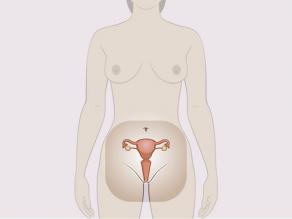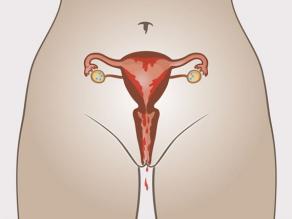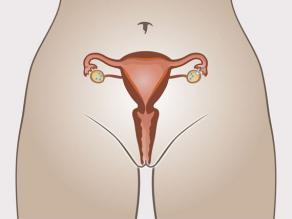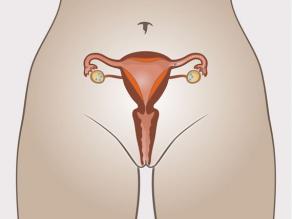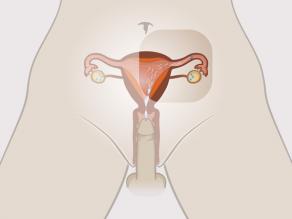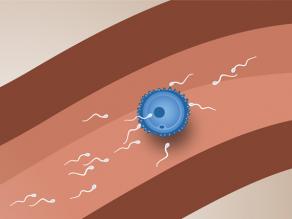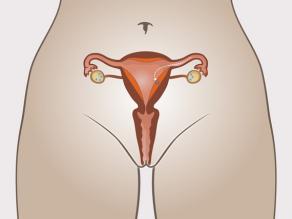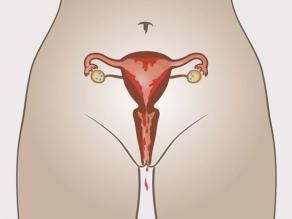How to get pregnant
Menstrual period: start of the cycle
You can get pregnant each month on particular days of your cycle. Your cycle starts on the first day you lose blood from your vagina. This is called the menstrual period.
Your cycle lasts about 28 days.
- Some women have a shorter cycle and others a longer one.
- The cycle lasts between 25 and 35 days.
- Some women have an irregular cycle. Every month, their cycle differs in length.
- The length of a woman’s cycle can change during her lifetime. During puberty, the cycle is often more irregular.
Ovulation
About 14 days before the start of your next cycle, ovulation takes place. This is when the egg cell leaves the ovary.
After ovulation, the egg cell is transported through the fallopian tube to the uterus. About 4 to 5 days after ovulation, the egg cell arrives in the uterus. The uterus gets ready for implantation of the egg cell.
Fertilization of an egg cell
You can get pregnant if a sperm cell fertilizes the egg cell. This mostly happens through sexual intercourse with a man. When a man ejaculates, sperm cells enter your vagina. You get pregnant if:
- One sperm cell enters the egg cell and fertilizes it, and;
- the fertilized egg cell is able to implant in the mucous membrane of the uterus and start to grow there.
Before he ejaculates, a man may already lose a bit of fluid that might contain sperm cells (pre-ejaculate). Withdrawing the penis before the man ejaculates is a less reliable method of contraception.
If you are pregnant, you do not have menstrual periods. However, some women may lose some blood in the first months of pregnancy.
You can get pregnant around 6 days each month. The egg cell lives for 1 day and a sperm cell lives for 5 days. You are fertile for about 5 days before ovulation and 1 day after ovulation. In the following days, up to the days before your next ovulation, you are not fertile.
Menstrual period: not pregnant
If the egg is not fertilized, the uterus will expel the egg and the mucous membrane. You have your menstrual period: blood leaves your body through your vagina. The menstrual period lasts 3 to 7 days. A new cycle starts at that moment.
Contraception
If you do not have a desire to have children at the moment, use contraception.

